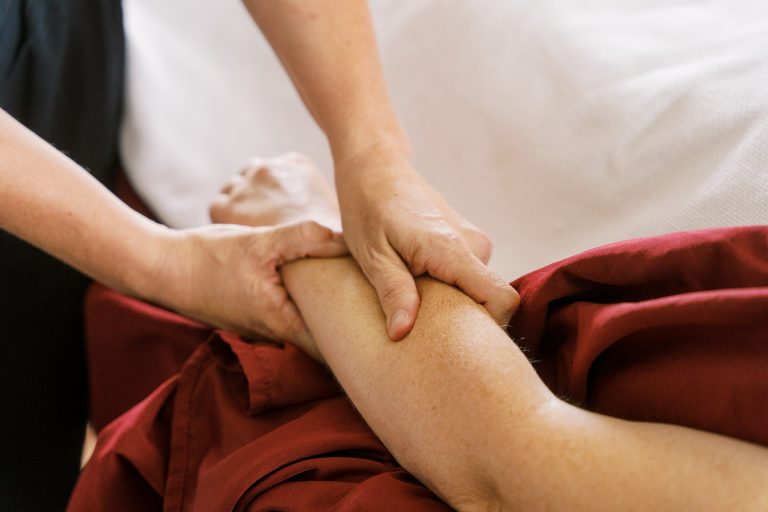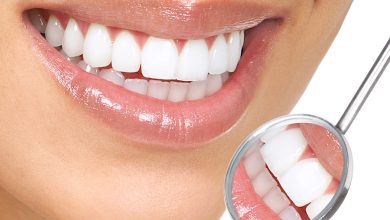In this article we consider how safe is Swedish massage, deep tissue massage, and hot stone massage
hot stone massage
Hot stone massage is generally considered safe when performed by a trained and qualified therapist. However, there are some risks and contraindications to be aware of:
Burns: If the stones are too hot or if they’re placed directly on the skin without a barrier (like a towel or sheet), there’s a risk of burns.
Sensitive Skin: People with sensitive skin might experience temporary discomfort, redness, or minor bruising.
Medical Conditions: Individuals with certain conditions such as diabetes, high blood pressure, heart disease, or varicose veins might be at increased risk of complications and should consult their doctor before getting a hot stone massage.
Skin Conditions: Those with open wounds, skin conditions, or infections should avoid hot stone massage in the affected areas.
Pregnancy: Pregnant women should always consult with their healthcare provider before getting any type of massage. While massage can be beneficial during pregnancy, the heat from the stones might not be advisable.
Medications: Some medications can affect skin sensitivity or blood circulation, increasing the risk of burns or other complications.
Recent Surgery: Anyone who has recently had surgery should consult with their healthcare provider before getting a hot stone massage.
Fractures or Severe Osteoporosis: Those with bone fractures or severe osteoporosis should avoid hot stone massage.
Decreased Sensation: People with decreased sensation, for example due to a condition like neuropathy, might not be able to feel if the stones are too hot, putting them at a higher risk of burns.
To ensure your safety:
● Always make sure to receive a hot stone massage from a trained and certified therapist.
● Communicate openly with your therapist about your comfort and any medical conditions or concerns.
● If you feel discomfort or pain during the massage, especially from the temperature of the stones, tell your therapist immediately.
Lastly, always consult with your doctor or another medical professional if you’re unsure whether hot stone massage is safe for you.
Swedish Massage
Swedish massage is one of the most popular and well-known types of massage therapies. For most people, it’s safe and beneficial, providing relaxation, stress relief, and other potential health benefits like improved circulation and relief from muscle tension. However, as with any therapeutic modality, there are considerations and contraindications to be aware of:
Medical Conditions: Individuals with certain medical conditions such as bleeding disorders, deep vein thrombosis, or severe osteoporosis may be at risk. It’s essential to consult with a healthcare provider before getting a Swedish massage in such cases.
Skin Conditions: Anyone with open wounds, burns, or some skin infections should avoid massage in the affected areas until fully healed.
Pregnancy: While massage can be beneficial during pregnancy, pregnant women should always opt for a therapist trained in prenatal massage and consult with their healthcare provider before getting any type of massage.
Recent Surgery: Individuals who have recently undergone surgery should wait until they’re cleared by their healthcare provider.
Cancer: Patients with cancer or those undergoing chemotherapy or radiation should consult with their oncologist and ensure the massage therapist is informed and trained to work with cancer patients.
Medications: Some medications, especially those that can cause bruising or bleeding, may affect how an individual responds to massage. It’s crucial to communicate any medications to the therapist.
Sensitivity or Allergies: If you’re allergic to certain oils or lotions, make sure to inform your therapist, as these are commonly used in Swedish massage.
To ensure your safety:
● Opt for a qualified and licensed massage therapist. Many countries or states have regulatory bodies that certify massage therapists, ensuring they’ve undergone proper training and adhere to professional standards.
● Openly communicate with your therapist about your health history, current conditions, medications, and any concerns you might have.
● Listen to your body. If anything feels painful or uncomfortable during the massage, communicate with your therapist immediately.
While Swedish massage is generally safe and beneficial for many people, it’s essential to be informed and take appropriate precautions. When in doubt, consult with your doctor or another medical professional.
Deep Tissue Massage
Deep tissue massage is a type of massage therapy that focuses on realigning deeper layers of muscles and connective tissue. It is especially helpful for chronic aches and pains and contracted areas such as stiff neck and upper back, low back pain, leg muscle tightness, and sore shoulders. Generally, deep tissue massage is safe when performed by a trained and qualified therapist. However, there are some potential risks and considerations:
Discomfort: Deep tissue massage involves applying firmer pressure and slow strokes to reach deeper layers of muscle and fascia. This can sometimes cause discomfort or mild pain during the massage.
Post-Massage Soreness: It’s common to feel some soreness for a day or two after the massage. This is similar to the feeling after a strenuous workout.
Bruising: There’s a higher risk of bruising compared to lighter massage techniques, especially in individuals who bruise easily.
Medical Conditions: People with certain conditions like bleeding disorders, deep vein thrombosis, or severe osteoporosis should be cautious. Those with recent surgeries, wounds, or areas of weakened or inflamed skin should also be careful.
Pregnancy: Pregnant women should consult with their healthcare provider before getting a deep tissue massage and ensure the therapist is trained in prenatal massage.
Medications: Some medications, especially those that can cause bruising or bleeding, might increase the risk of complications.
Cancer: Patients with cancer or those undergoing chemotherapy or radiation should consult with their oncologist first. The massage might be contraindicated or require adjustments.
To ensure your safety:
● Only receive a deep tissue massage from a trained, qualified, and (where applicable) licensed massage therapist.
● Communicate openly with your therapist about your health history, current conditions, pain tolerance, and any concerns.
● During the massage, give feedback. If the pressure is too deep, or if there’s pain (beyond mild discomfort), let the therapist know immediately.
● After the massage, drink plenty of water to help flush out any toxins released from the muscles. Applying ice to sore areas can also help reduce inflammation.
● If you experience severe pain, swelling, or any adverse reactions after a massage, seek medical attention.
Always consult with a doctor or another medical professional if you’re unsure whether deep tissue massage is safe for you.





